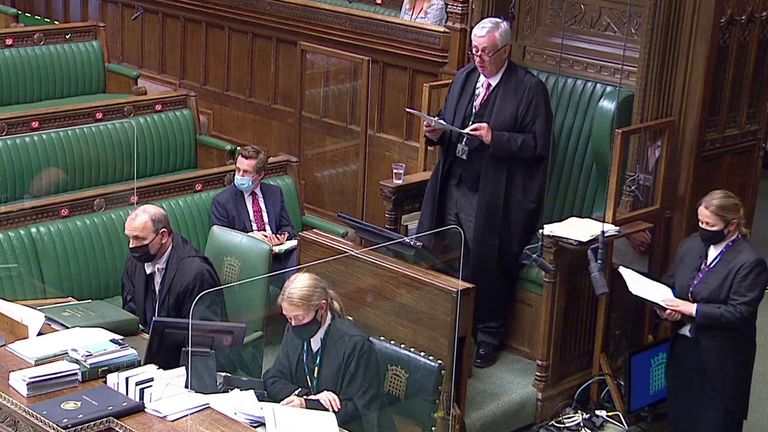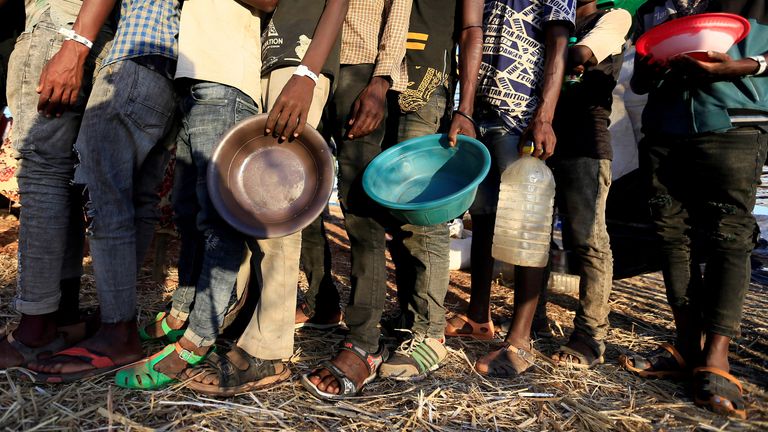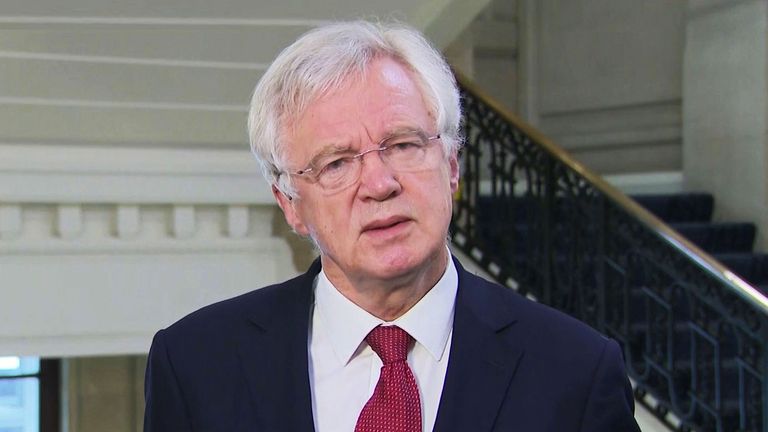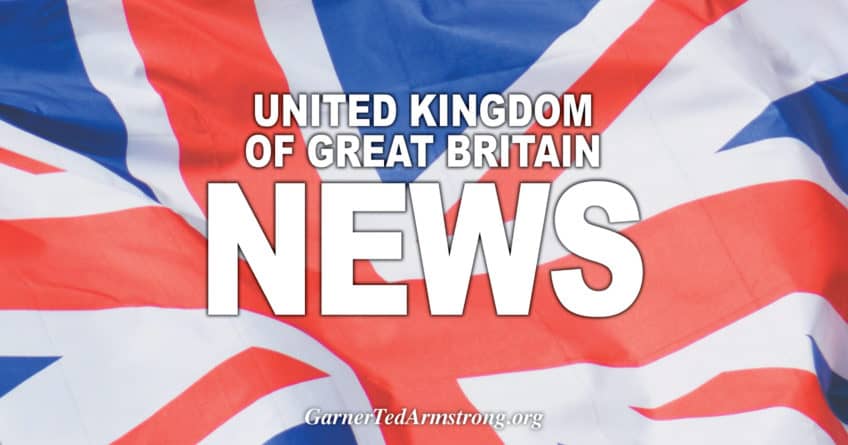Boris Johnson has narrowly avoided a rebellion by some of his own Conservative Party MPs over cuts to the foreign aid budget.
Thirty Tories, including former prime minister Theresa May and four other cabinet ministers, had backed a rebellion against the £4bn reduction and had hoped to force a vote on the matter.
But Commons Speaker Sir Lindsay Hoyle ruled the amendment, proposed by Conservative former minister Andrew Mitchell, was “not in scope” of the Advanced Research and Innovation Agency Bill.

Commons Speaker Sir Lindsay Hoyle did not select the Conservative rebels’ amendment
Noting that MPs have not had a chance to debate the matter, Sir Lindsay did however say he will accept applications for an emergency debate on the matter today, which would be held on Tuesday if successful.
If any application made by a backbench MP for an emergency debate on the reduction of the international aid budget were to be successful, any vote at the end of it would not be binding.
The proposed amendment intended to make the government commit to reinstating the 0.7% target from next year – from the funding for this agency if it is not met through alternative means.
Under parliamentary procedure, Commons Speaker Sir Lindsay Hoyle gets to decide whether to select amendments and allow votes on them based on the advice of his clerks.
Responding to Sir Lindsay’s decision not to select the rebels’ amendment, Mr Mitchell accused the government front bench of “treating the House of Commons with disrespect”.
He added that “hundreds of thousands of avoidable deaths will result”.
Britain’s aid spending was cut by the chancellor last November in what was intended to be a temporary move, but without a vote in parliament.

Conservative chief rebel accused the government front bench of treating the House of Commons ‘with disrespect’
Mr. Sunak told MPs at the time that keeping it at the higher level “cannot be justified to the British people”.
Explaining his decision in the Commons, Sir Lindsay said: “Amendments and new clauses which are not within the scope of the Bill are out of order.”
He added: “In this instance, having taken advice from the House’s senior clerks and the officer of Speaker’s counsel, I have deemed that new clause four to be outside of the scope of the Bill.
“New clause four is therefore not selected and may not be debated today.”
Sir Lindsay said he would accept applications from MPs for an emergency debate on the matter as “the House has not had an opportunity for a decisive vote on maintaining the UK’s commitment to the statutory target of 0.7%”.
The Commons Speaker continued: “I expect that the Government should find a way to have this important matter debated and allow the House to formally take an effective decision.

Andrew Mitchell said hundreds of thousands of deaths will result due to the government’s decision to cut foreign aid
“I should say, on an exceptional basis, I will consider whether to hear any standing order number 24 applications by 5:30 today for debate to be held tomorrow.”
Conservative Mr Mitchell told the Commons he believes he amendment would have passed if it had been selected by the Speaker.
“The government front bench are treating the House of Commons with disrespect. They are avoiding a vote on the commitments that each of us made individually and collectively at the last general; election on a promise made internationally.
“And in the opinion of some of the Britain’s lawyers, the government is acting unlawfully.
“Had we secured a vote on the new clause tonight, I can assure the House it would have secured the ascent of the House by not less than a majority of nine and probably of around 20 votes.
“In the week of the British chairmanship of the G7, the government’s failure to address this issue will indisputably mean that hundreds of thousands of avoidable deaths will result.”

Conservative former minister David Davis said the cut to foreign aid ‘doesn’t make economic sense’
Earlier on Monday, Conservative former minister David Davis said the cut is “not necessary” and “doesn’t make economic sense”.
He told Sky News: “I don’t want to be a member of a government or a supporter of a government that is effectively deciding to lead to tens of thousands of deaths of small children.”
Just under £10bn is to be allocated to departments for foreign aid spending in 2021-22, down from more than £14bn in 2019-20.
Labour has also called on the PM to change his mind on the matter, with shadow foreign secretary Lisa Nandy telling Sky News: “It is short-sighted, it is not in Britain’s interest and he could solve this very, very quickly.”
But Solicitor General Lucy Frazer defended the government’s position on Monday morning, saying Britain was “the third-largest donor globally in terms of international aid” last year.
Ms. Frazer told Sky News: “But we are in the middle of a pandemic and it is really important that we support the effort here as well.”
Polling last year suggested two-thirds of the public backed a cut to foreign aid, due to financial challenges at home.
[Disclaimer]










